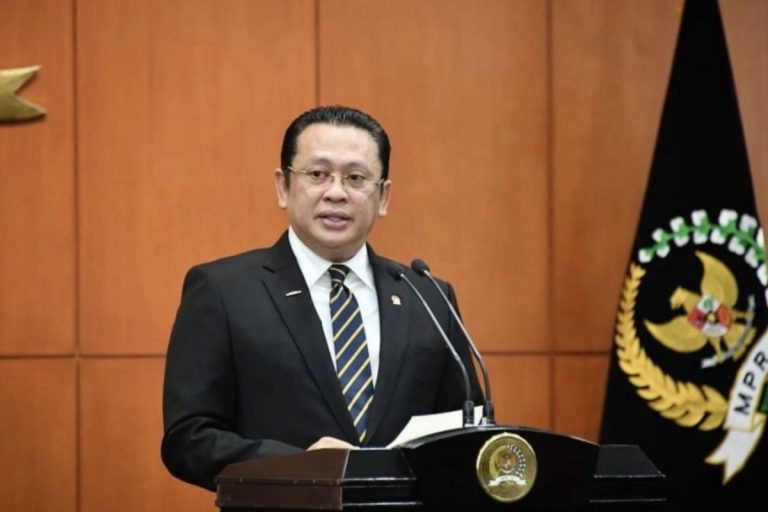JAKARTA (ANTARA) – Strengthening political parties is essential for Indonesia to maintain the democratic culture that is being fostered between its government and its people, according to Speaker of the People's Parliament (MPR) Bambang Suesatyo.
“The stronger and healthier the state of political parties is, the easier it will be for Indonesia to achieve prosperity and well-being for its people through democracy,” he said during a public lecture at Borobudur University, Jakarta, on Saturday.
He stressed the need for political parties to take several measures to become stronger, including enhancing the quality of their cadres, improving operational facilities, and increasing the number of sympathizers equally in the regions.
But he stressed that such measures would require political parties to incur huge budgets, prompting some political party cadres to resort to incorrect means, such as corruption, to raise funds.
He stated, “This is the part where capital owners can influence political parties by providing political funds to candidates for party leadership.”
Related news: Democratic political culture is the key to democratic transformation: BRIN
He added that under the influence of venture capitalists, political parties may push for the formulation of regulations that would benefit the companies providing funds.
“The influence can also influence political parties’ decision on which national and regional leadership candidates they will support,” he noted.
With this in mind, Sosatio emphasized the need for capital owners to have an ideology similar to that espoused by political parties to maintain the democratic culture in society.
He added that in this way, political parties will be able to optimally carry out their role in serving the people and responding to their aspirations.
He expressed his belief that political parties that function optimally have the ability to produce national and regional regulations that genuinely stand with the people.
Related news: In the face of West-monopolized democracy, international experts call for diversity

